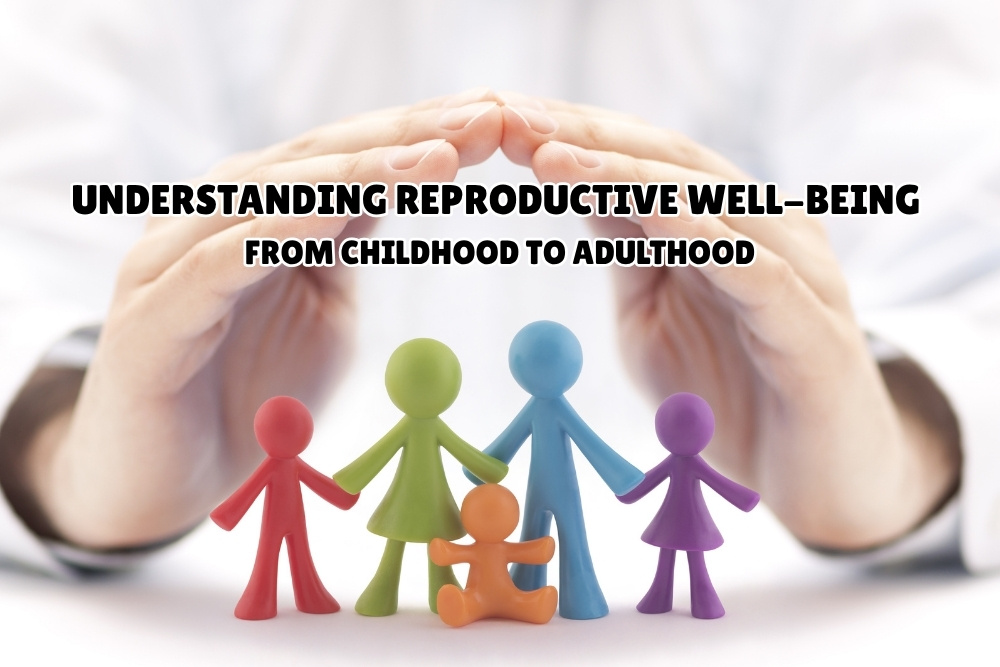When people hear the term reproductive health, many tend to associate it solely with teenagers or women of reproductive age. However, reproductive well-being is far more comprehensive. It encompasses the physical, mental, emotional, and social aspects of reproductive and sexual health across all ages and gender identities—from childhood and adolescence to adulthood, including LGBTQ+ individuals and the elderly. Understanding and supporting reproductive well-being throughout each life stage plays a vital role in promoting personal health, preventing sexual risks, and building an equitable and safe society.
What Is Reproductive Well-being?
According to the World Health Organization (WHO), reproductive health is defined as a state of complete physical, mental, and social well-being in all matters relating to the reproductive system—not merely the absence of disease or infirmity.
In this context, reproductive well-being also means:

- The right to make informed decisions about having children—whether to have them, when, and how many.
- Access to accurate information, education, and health services throughout life.
- Comprehensive sexuality education.
- Protection from sexually transmitted infections (STIs) and access to safe contraceptives.
- Reproductive care for people of all ages, genders, and sexual orientations.
Ultimately, reproductive well-being promotes human rights, public health, and lifelong quality of life.
Why Is Reproductive Well-being Important for All Ages?
Reproductive well-being is not just a topic for youth or women of childbearing age. It matters to everyone. Our bodies, minds, and social roles change over time, and so do our reproductive needs and vulnerabilities. Therefore, promoting reproductive well-being must be a continuous, age-inclusive effort—one that supports overall health and long-term well-being.
Let’s explore how reproductive well-being applies across different life stages:
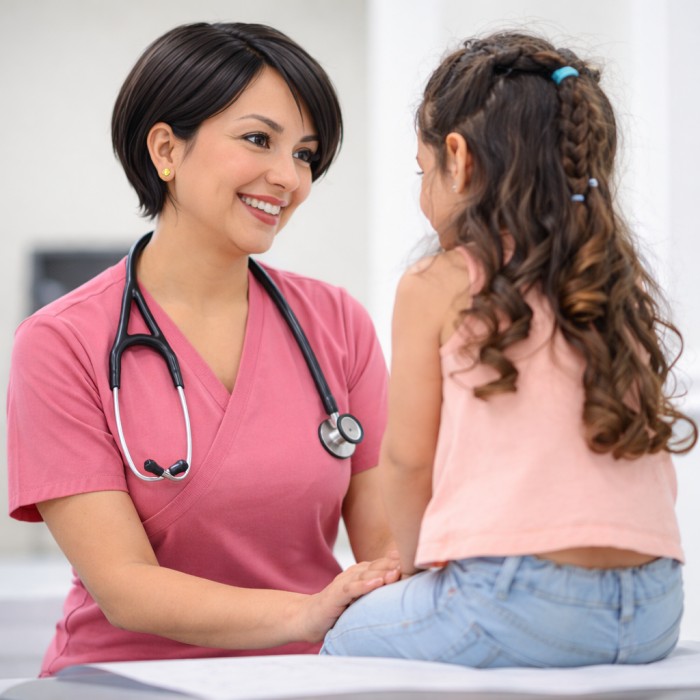
Childhood
“The foundation of body awareness
and self-protection”
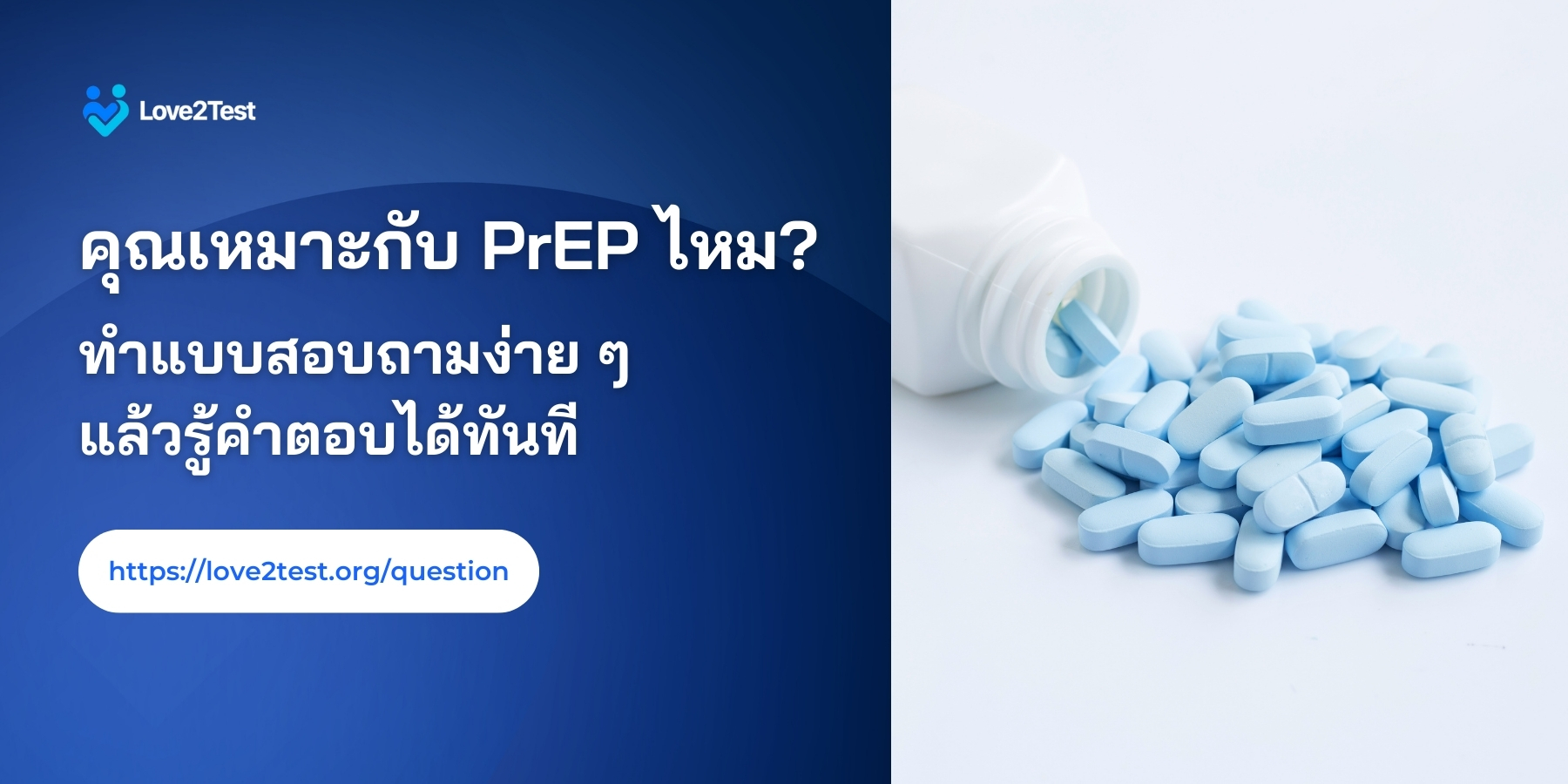
In early childhood, it’s essential to lay the groundwork for healthy sexuality. Children should be taught to recognize and name their body parts appropriately, understand body autonomy, and learn to say “no” in uncomfortable situations. This early education helps prevent abuse and fosters respect for their own bodies and others. By normalizing age-appropriate conversations around the body and consent, we empower children to build positive self-image and safer behaviors in the future.
Adolescence
“A time of transformation
and learning about sexuality”
Adolescence is a stage filled with physical, emotional, and psychological changes. It’s also when young people begin to explore identity, relationships, and sexuality. During this period, comprehensive sex education becomes critical.
Key components include:
- Preventing unintended pregnancies
- Understanding and avoiding STIs
- Building decision-making and communication skills
- Respecting others’ boundaries
- Navigating safe and consensual relationships
When adolescents have access to accurate information and youth-friendly health services, they are more likely to become responsible adults who understand and care for their reproductive well-being.

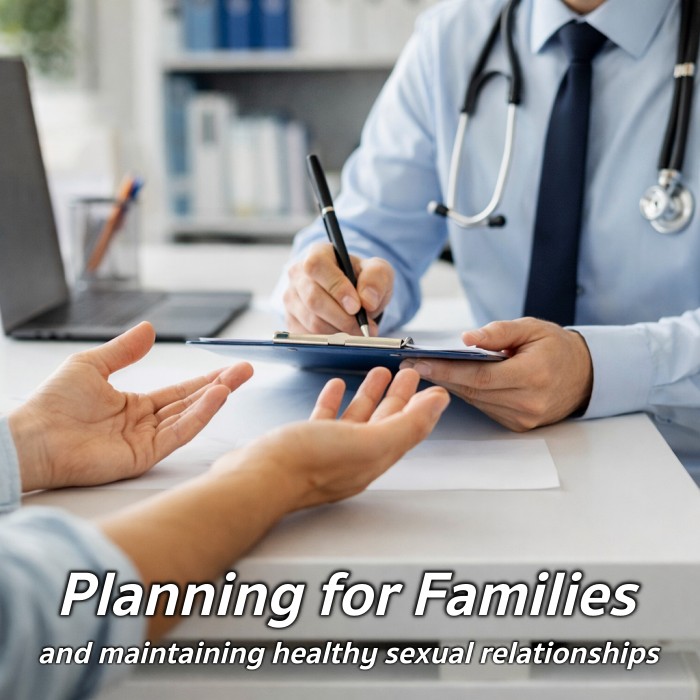
Adulthood
“Planning for families and
maintaining healthy sexual relationships“
In adulthood, reproductive well-being involves more responsibility. People may start families, manage pregnancies, or make decisions about long-term contraception.
Important aspects in this stage include:
- Pre-pregnancy health check-ups
- Choosing the right contraceptive methods
- STI screening and prevention
- Cervical and breast cancer screening
- Supporting safe and fulfilling sexual relationships
Adults also need access to nonjudgmental, diverse, and inclusive reproductive health services that align with their lifestyles and values.
Older Adulthood
“Continuing care beyond reproductive years”
Even after menopause or andropause, reproductive well-being remains important. Older adults often face unique health needs that are frequently overlooked.
Support should include:
- Screening for reproductive cancers (e.g., prostate, cervical, or ovarian cancer)
- Managing hormonal changes and their emotional impact
- Access to sexual health counseling
- Recognizing that intimacy and sexual expression are still part of a fulfilling life
Recognizing these needs affirms that age should never be a barrier to sexual health and dignity.
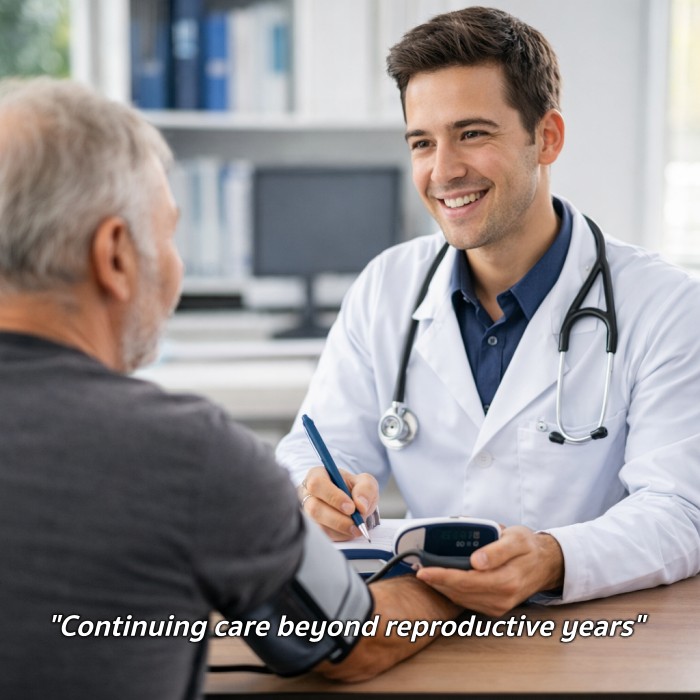
Reproductive well-being is not just a medical issue—it’s a human right, a public health priority, and a pillar of sustainable development. By investing in comprehensive care, education, and support systems for every age group and identity, we create a world where everyone has the knowledge, resources, and power to live healthy, autonomous, and dignified lives.
Reproductive Well-being Across the Life Course
1. Childhood: Building the Foundation for Awareness and Protection
Even though children are not yet in their reproductive years, it is essential to instill early understanding of gender, the human body, and personal rights. Early education lays the foundation for long-term sexual health and well-being.
What to Promote in Childhood:
- Teaching children to correctly name and understand their own and others’ body parts
- Encouraging respect for personal boundaries and others’ autonomy
- Developing refusal and help-seeking skills in unsafe situations
- Creating safe environments where children feel free to express themselves
These fundamentals help strengthen children’s emotional resilience, reduce their risk of sexual abuse, and prepare them to grow into adults with a healthy understanding of sexuality.
2. Adolescence: A Transitional Phase That Needs Guidance and Support
Adolescence marks a critical period of transition—physically, emotionally, and socially. Supporting reproductive well-being at this stage means offering knowledge, life skills, and safe spaces for exploration and questions.
Common Challenges in Adolescence:
- Hormonal and emotional changes
- Exploring identity and sexual orientation
- Curiosity and experimentation
- Lack of accurate information or exposure to misinformation on social media
What to Promote:
- Comprehensive and judgment-free sex education
- Access to condoms and STI testing
- Preventing unintended pregnancy
- Youth-friendly, stigma-free health services
Providing teens with accurate information and accessible services equips them to make informed decisions and fosters sexual maturity.
3. Adulthood: Family Planning and Maintaining Healthy Sexual Relationships
In adulthood, many individuals begin to build families and take on greater responsibilities in life. Reproductive well-being in this stage focuses on responsible family planning, sexual health, and access to quality care.
Key Considerations in Adulthood:
- Choosing the right time and method for having children
- Ensuring safe and healthy pregnancies
- Regular screening for cervical or breast cancer
- Preventing and treating sexually transmitted infections (STIs)
- Accessing appropriate contraceptive options
This stage is fundamental to building strong families and a sustainable society. Accessible, inclusive, and respectful health services play a crucial role in empowering adults to take care of their reproductive health.
4. Older Adulthood: Reproductive Well-being Beyond Fertility
Although reproductive capability may decline in later life, sexual and reproductive well-being continues to impact overall quality of life—physically, emotionally, and mentally.
What to Monitor and Support:
- Screening for reproductive-related cancers, such as cervical or prostate cancer
- Managing menopausal symptoms like mood swings or vaginal dryness
- Supporting safe and satisfying intimacy
- Addressing mental health challenges related to aging and hormonal shifts
Older adults deserve inclusive, age-appropriate reproductive health services. Recognizing their needs reinforces the belief that sexual health is a lifelong right—not limited by age.
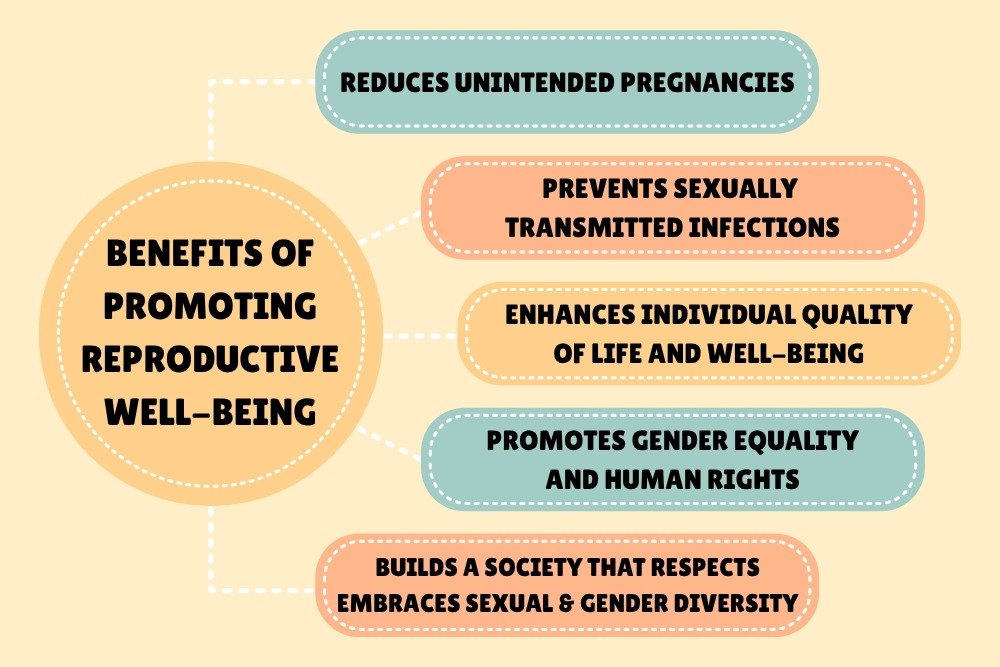
Benefits of Promoting Reproductive Well-being
Investing in reproductive well-being offers wide-reaching benefits not only for individuals but also for communities and societies as a whole. Here are some key advantages:
- Reduces unintended pregnancies
- Prevents sexually transmitted infections (STIs)
- Enhances individual quality of life and well-being
- Promotes gender equality and human rights
- Builds a society that respects and embraces sexual and gender diversity
Access to Reproductive Health Services in Thailand
Thailand offers a variety of services and institutions that support reproductive well-being for different populations:
- Public Hospitals that provide antenatal care, family planning, and screening for reproductive diseases
- Youth-friendly clinics in selected hospitals offering sexual health counseling
- Non-governmental Organizations (NGOs) such as the Planned Parenthood Association of Thailand
- Community Health Centers and Clinics that provide HIV prevention services like PrEP and PEP
Ensuring safe, inclusive, and stigma-free access to reproductive health information and services is essential for an effective and equitable reproductive health system.
Policy and Community Recommendations for Advancing Reproductive Well-being
To ensure that reproductive well-being is fully supported and accessible, the following measures should be prioritized:
- Integrate comprehensive sexuality education into school curricula
- Expand and improve inclusive health clinics for all genders and age groups
- Launch consistent public campaigns to promote understanding of sexual and reproductive rights
- Advocate for inclusive sexual health policies that address the needs of vulnerable populations (e.g., LGBTQ+, homeless youth, the elderly)
- Empower families to engage in open, respectful conversations about sex and relationships
Reproductive Well-being and LGBTQI+ Inclusion: Creating Equity Through Care
Promoting reproductive well-being means ensuring that LGBTQI+ individuals are not left behind. This population often faces unique barriers to accessing health information and services, such as:
🚩 Challenges Faced:
- Lack of healthcare providers trained in LGBTQI+ issues
- Stigma and discrimination within the health system
- Limited or irrelevant health information for diverse identities
✅ Solutions to Address These Barriers:
- Train healthcare workers in gender and sexual diversity
- Establish safe and inclusive clinics that are welcoming to all identities
- Develop tailored resources, including guidelines on PrEP/PEP usage for LGBTQI+ communities
- Involve LGBTQI+ individuals in designing reproductive health services to ensure relevance and respect
By making reproductive health services inclusive and responsive, we can reduce health disparities and support equal rights for all, regardless of gender identity or sexual orientation.
Related Articles
- Love2Test Expanding Access to HIV Testing and etc. to End HIV in Thailand
- Understanding Anxiety | Symptoms Causes and Management
FAQs About Reproductive well-being
= Absolutely. Reproductive well-being isn’t only about having sex or relationships—it’s about understanding your body, preventing illness, getting regular health checkups, planning for the future, and taking care of yourself physically, mentally, and emotionally. Everyone, regardless of relationship status, benefits from reproductive self-care.
= Yes, and they should. Everyone has the right to sexual and reproductive health, regardless of their gender identity or sexual orientation. Today, many clinics and service providers offer inclusive, nonjudgmental care designed to support LGBTQI+ individuals. Access to these services is essential for achieving equality in healthcare.
= Many! Examples include:
- Period and ovulation tracking apps
- Long-acting reversible contraception (e.g., implants)
- Telemedicine platforms offering virtual consultations
- Safe online platforms providing reliable sex education
These innovations make it easier to access information, monitor your health, and connect with professionals—anytime, anywhere.
= Begin by creating a safe and open environment where questions are welcomed and not judged. Use age-appropriate language, answer honestly, and make the conversation ongoing—not a one-time talk. When parents talk about sex in a supportive way, children are more likely to grow up confident, informed, and responsible.
= You can begin by visiting credible sources, such as:
- Your country’s Ministry of Public Health website
- Reputable NGOs that focus on sexual education
- Organizations advocating for health and human rights
- Youth-friendly clinics, doctors, or nurses trained in reproductive health
- Online platforms with evidence-based content (e.g., WHO, Planned Parenthood)
Don’t worry—everyone starts somewhere. What matters is taking the first step to learn and take care of yourself.
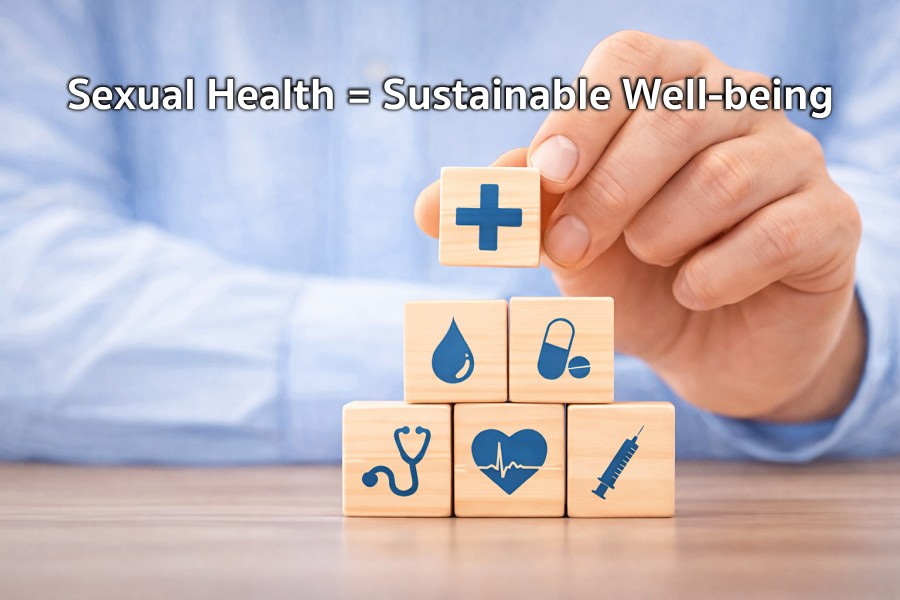
Conclusion: Sexual Health = Sustainable Well-being
Reproductive well-being is not just about sex or having children. It represents a holistic approach to health—encompassing the physical, mental, emotional, and social dimensions of human life, as well as individual rights and dignity. It affects everyone, from childhood through old age.
By promoting access to accurate information and appropriate services across all life stages, we create a society that understands, respects, and supports one another’s rights. This collective awareness is the foundation for a truly healthy and inclusive community.
Reference:
ความหมายของอนามัยการเจริญพันธุ์
สถานการณ์อนามัยการเจริญพันธุ์ในวัยรุ่นและเยาวชนปี 2566
UNFPA ย้ำความสำคัญของอนามัยการเจริญพันธุ์
